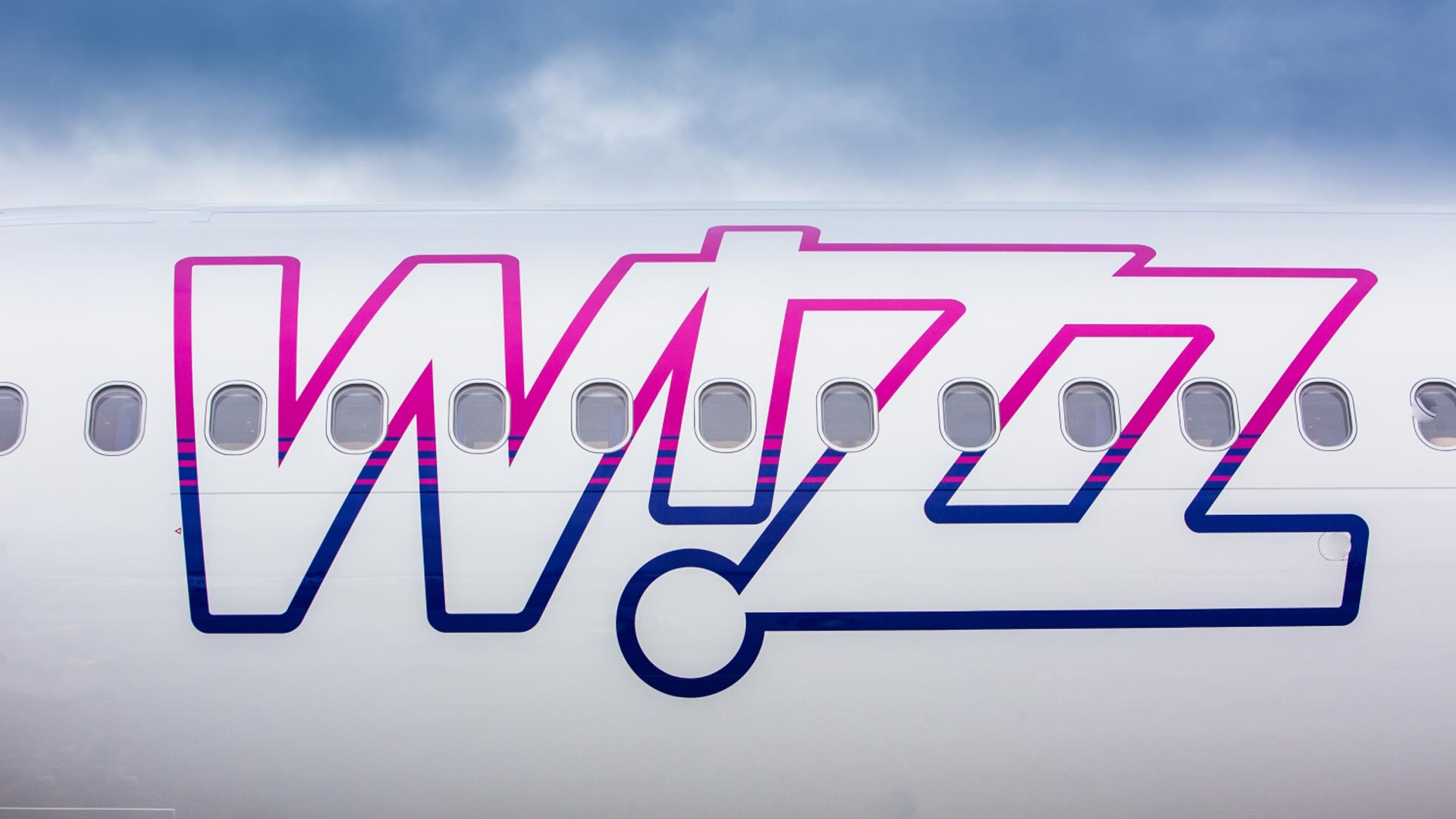Wizz Air has reported a 317% increase in passenger numbers during the three months to 30 June 2021, which has helped revenue to bump up by 119% to €199million. However, the company still posted a loss for the period of €114.4 million.
Commenting on the results, József Váradi, Wizz Air CEO said: “The first quarter of F22 remained challenging for the company as we operated only 33% of our available capacity as mobility restrictions continued to be a major barrier to international travel during this period. We were focused on cash and delivered a cash flow positive quarter, with a strong liquidity balance of c.€1.7 billion, including c.€1.5 billion of free cash – as well as maintaining our investment grade balance sheet.”
Váradi also highlighted the “encouraging” patterns of recovery in passenger air travel despite the continued restrictions on mobility. Capacity was increased to 62% of 2019 available seat kilometres with load factors improved to 63.6% from 55.5% in the year-ago period.
During the reporting period, the airline continued to strengthen its network, adding two more Italian bases in Rome and Naples, and adding a fifth aircraft to Tirana in Albania.
Váradi added: “We have added leisure routes from our core CEE markets to Mediterranean destinations to meet strong summer demand. Wizz Air Abu Dhabi and Wizz Air UK have been impacted by stricter mobility restrictions, however each has seen gradual improvement in traffic, particularly along travel corridors to destinations on government approved lists.”
In July and August 2021, Wizz Air state that it expects to operate around 90% and 100% of its 2019 capacity. “While we remain cautious with making predictions for the winter period amid unpredictable government decision making we are absolutely confident in our much improved competitive positions in the short, mid and long term arising from continuous fleet growth based on new aircraft deliveries, an extended market footprint as well as structural cost advantages arising from fleet up-gauging, improved commercial arrangements with airports and not being trapped in debt burden contrary to the vast majority of the industry,” said Váradi.
Wizz Air expanded its fleet to 141 aircraft with the addition of six new A321neo aircraft in the quarter. At the same time, the airline returned two end of lease A320ceo aircraft to lessors, which increased the average seats per aircraft to 207 seats. Wizz Air’s average aircraft age is 5.3 years.
In April 2021 Michael Delehant joined Wizz Air as an Executive Vice President and Group Chief Operations Officer. After a long career at Southwest Airlines in the US, he joined Wizz Air from Vueling in Europe, where he was the Chief Strategy and Network Officer.
In June, Robert Carey joined the Leadership Team as President. Robert started his career in aviation twenty years ago with America West Airlines, followed by Delta Airlines, after which he spent over a decade at McKinsey and Company, where he was a Partner prior to joining Easyjet as Chief Commercial and Strategy Officer in 2017.
Meanwhile, Wizz Air shareholders have approved Váradi’s potential £100m bonus scheme, with about a third voting against. Under the newly approved pay plan, Varadi will be granted up to £100m in shares if London-listed Wizz’s shares climb from their current £47 to £120 over the next five years.

